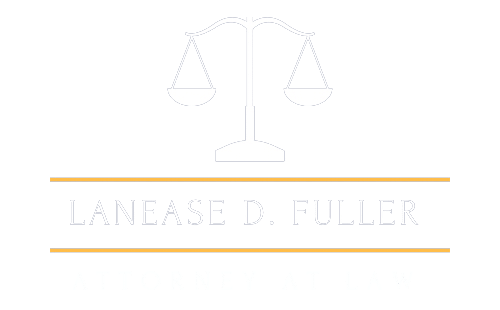What Is “Expungement?”
It is not uncommon among juvenile court proceedings to encounter the term “expungement,” or find an expungement order issued by the court. What does it mean? Here, Teaching Legal Docs will explore an expungement order, and try to place the document in a larger context of law and culture.
To “expunge” is to “erase or remove completely.” In law, “expungement” is the process by which a record of criminal conviction is destroyed or sealed from state or federal record. An expungement order directs the court to treat the criminal conviction as if it had never occurred, essentially removing it from a defendant’s criminal record as well as, ideally, the public record.
It is important to clarify that expungement is not “forgiveness” for committing a crime—that is a legal pardon. Likewise, pardons are not expungements and do not require removal of a conviction from a criminal record. In the United States, pardons may be granted by public officials. The President, for example, issues pardons annually. State governors may also pardon certain defendants in their states. Expungement proceedings, however, must be ordered by a judge, or court.
Can A DUI/DWI Be Expunged in Texas?
Texas takes DUI and DWI charges seriously and will not allow you to expunge a DWI conviction from your criminal record. Even if the outcome of your DWI case concludes with you being convicted of a lesser charge, the DWI arrest will remain on your record.
Working with a good criminal defense attorney can help you to navigate your case and walk away with a less severe punishment. Our team is dedicated to helping you create a strong DWI defense. If you are not a first time offender, it is even more important to work with a DUI attorney to avoid severe consequences for your charges.
Expungement vs. Sealing Records
Sealing criminal records under court order is similar to having them expunged, but they can be less “hidden.” If records are sealed, then they are not available to the public; this would include private investigators, creditors, and employers. However, these records still exist in the context of the criminal justice system. For example, the sealed convictions could still be considered prior offenses to enhance subsequent charges.
Experienced DWI Attorney in Houston, Texas
Attorney Fuller is a seasoned attorney with nearly three decades of experience representing a wide range of clients. This includes individuals who have suffered an injury due to another’s actions, individuals facing criminal charges, those who have been arrested for DWI, individuals who have found themselves in a civil litigation dispute, and those looking for legal guidance in business.
After filling out a client intake form, Attorney Lanease D. Fuller will take appropriate action in your case to help you get the results you are looking for. This includes but not limited to gathering evidence, going to trial, and earning a settlement that is appropriate for your specific situation. Reach out to us today to take the first step towards settling your case.
LANEASE D. FULLER LAW
4615 S. Frwy St. 820
Houston, TX 77051
713-439-7400
Google Listing


